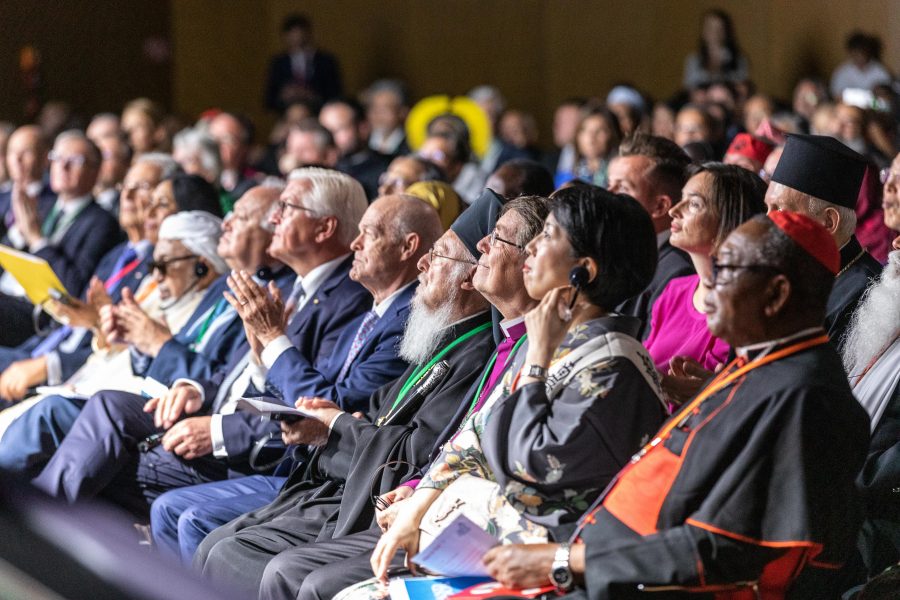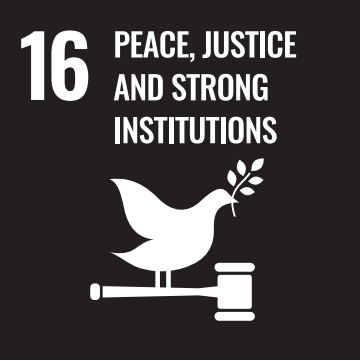key strategic priority
Freedom of Thought, Conscience, and Religion
Everyone has the right to freedom of thought, conscience, and religion. We bring faith communities together to champion this right for all.
This strategic priority contributes to Sustainable Development Goal (SDG): Peace, Justice, and Strong Institutions.
Learn about the Standing Commission for this Strategic Priority.
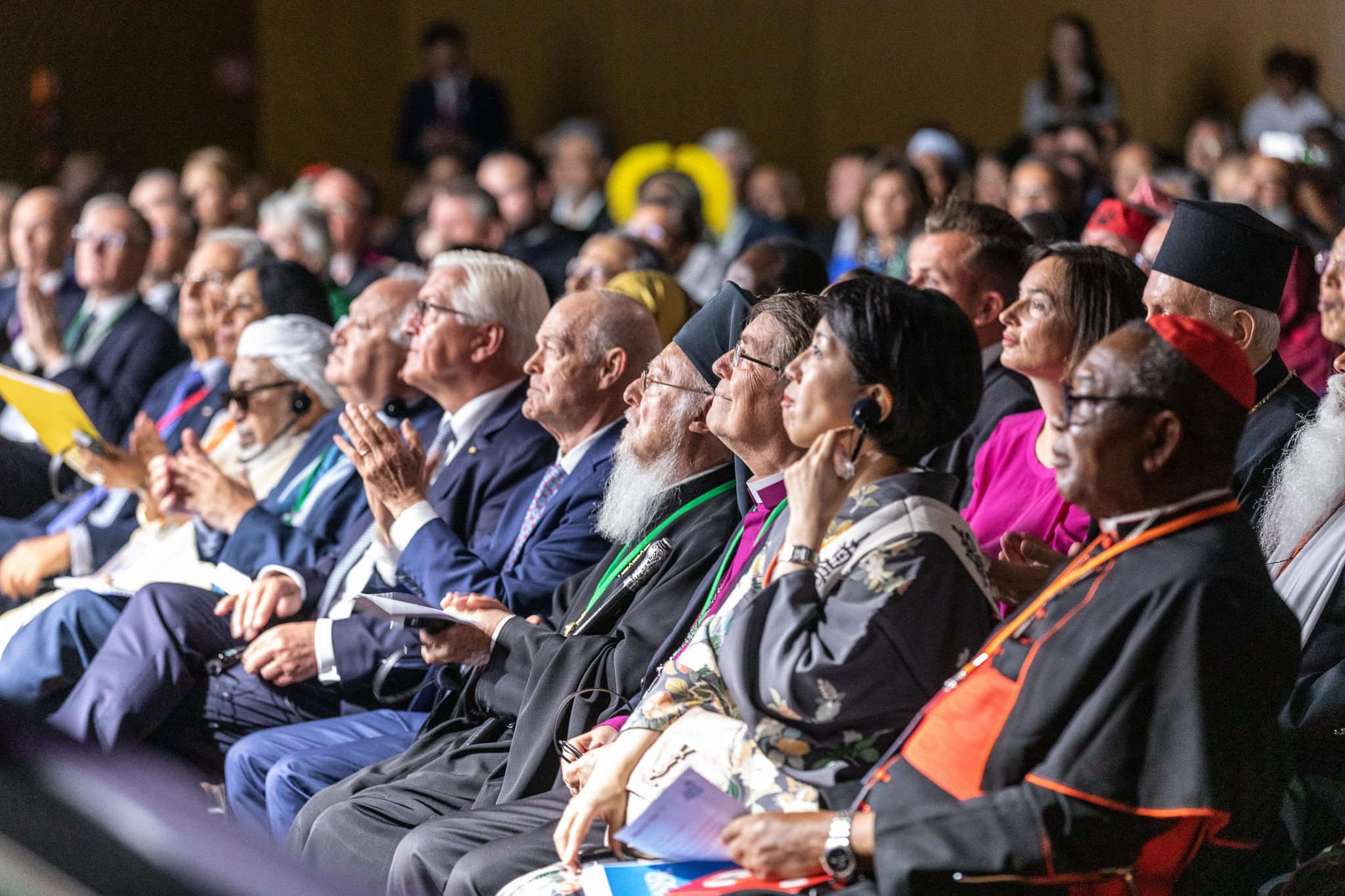
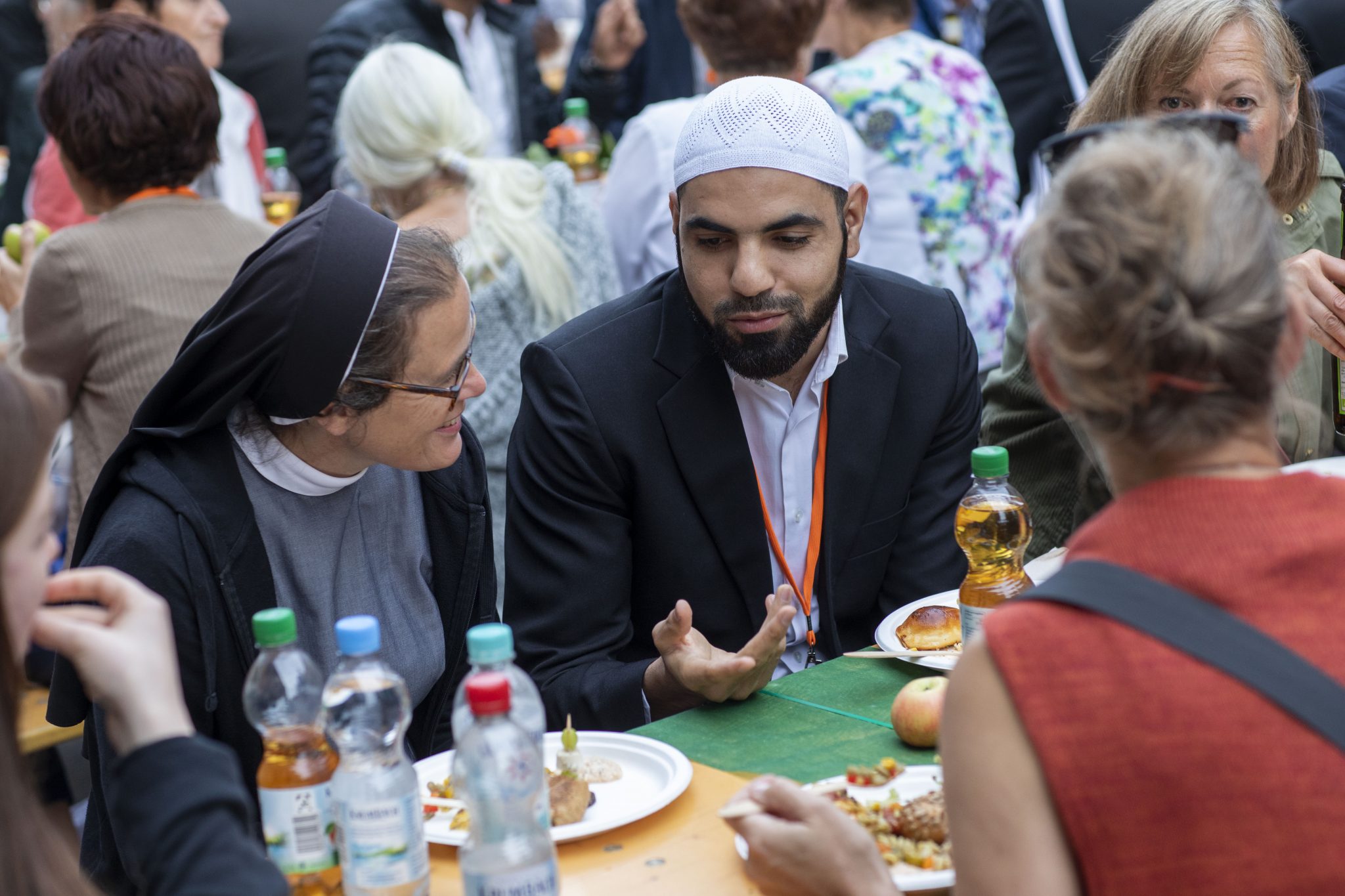
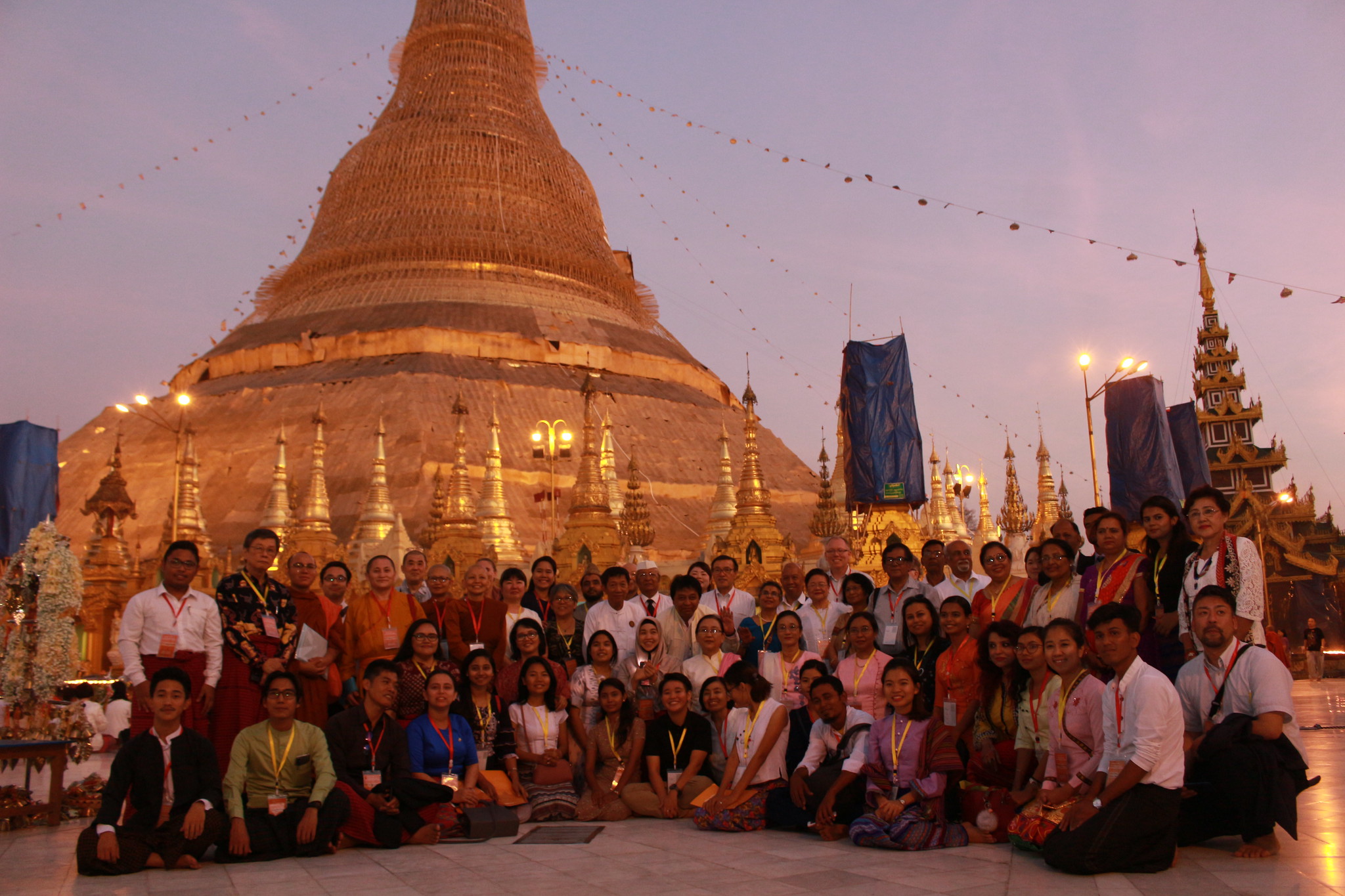
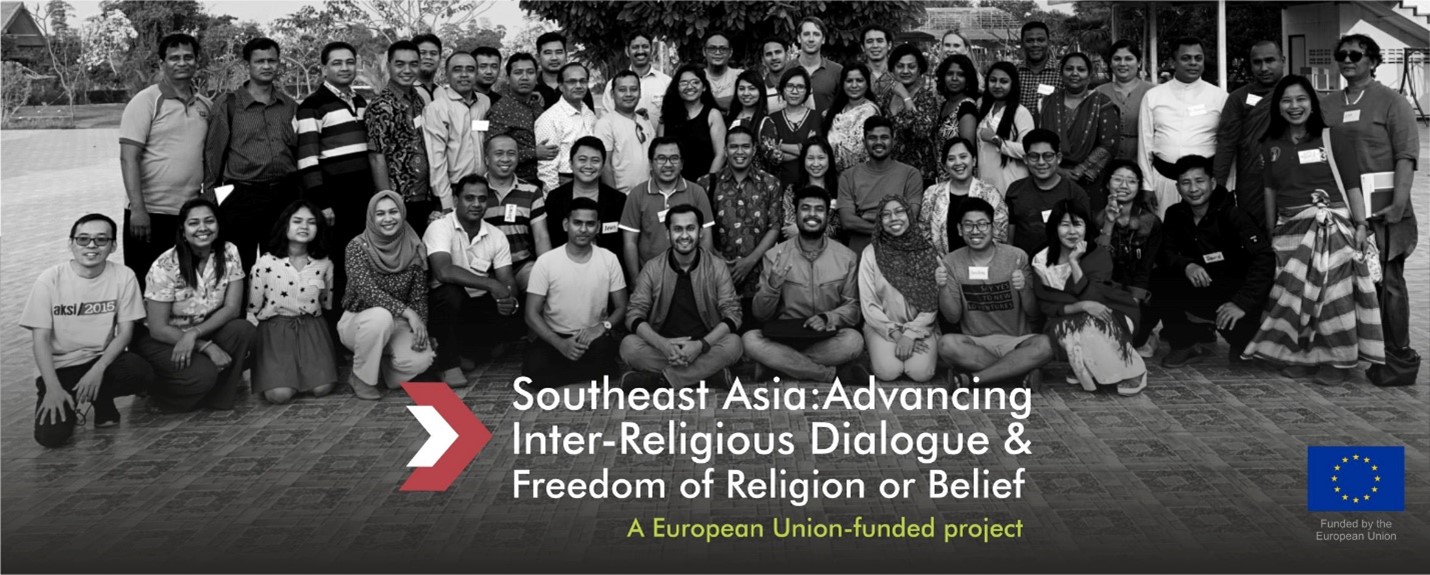
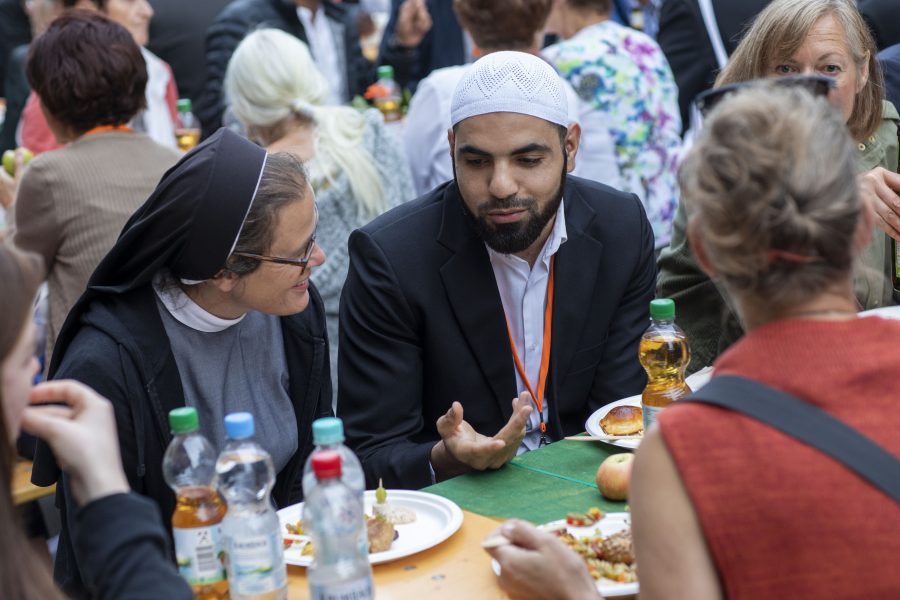
Welcoming the Other
During our 9th World Assembly in 2013, more than 600 global religious representatives from 120 countries endorsed our global, Welcoming the Other campaign. A resulting resource guides religious leaders and all people of faith how to accept the religious “other” and stand in solidarity for the well-being of all people.
The global campaign promotes mutual respect, diversity, tolerance, and a shared concern for the well-being of “the other” through practical action.
This approach has been very effective in Myanmar in building tolerance and understanding of the religious “other”. Religions for Peace-Myanmar conducted messaging campaigns to counter hate speech and led Welcoming the Other activities to alleviate interreligious and inter-ethnic tensions.
Programmes with a specific focus on responding to hate crimes and reconciling communities have been implemented by our Interreligious Councils in Bosnia and Herzegovina, Kenya, Sri Lanka, and Indonesia.
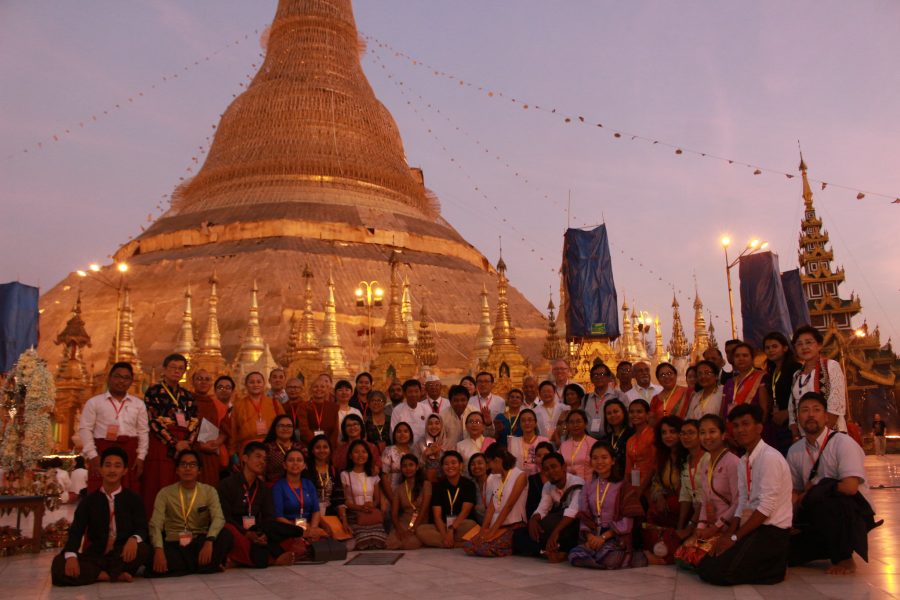
Protecting Holy Sites
Holy sites are of crucial spiritual and cultural significance to billions of people. Yet, history demonstrates how sacred places are often caught up in political, territorial, and religious disputes, becoming pawns of conflict themselves. Harm to holy sites impacts people’s identities, reinforces trauma, and fuels the escalation of violence.
In response, Religions for Peace and partners launched The Universal Code of Conduct on Holy Sites – a cutting-edge strategy to mitigate interreligious conflict and build peace.
Our Interreligious Council in Bosnia and Herzegovina hosts a field project implementing The Code through systematic reporting of attacks on holy sites, interfaith public condemnations of violence, and active engagement of stakeholders such as the police, media, and local political leaders.
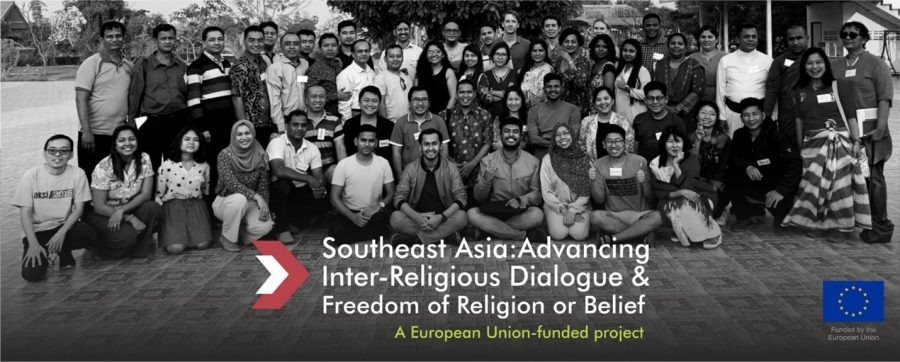
Upholding Fundamental Freedoms
Religious communities have a moral obligation to prevent violence and discrimination. For this reason, Religions for Peace and interfaith partners launched the Southeast Asia: Advancing Interreligious Dialogue and Freedom of Religions or Belief (SEA-AIR) project to enhance local capacities to combat religious discrimination and prejudice.
SEA-AIR unites 10+ organisations across Southeast Asia, including our Interreligious Councils in Bangladesh, Myanmar, and Thailand. As part of the project, 60 action-oriented faith leaders participated in an interfaith peacebuilding fellowship where they were trained in mediation, communication, peer learning, analysis, and process design.
